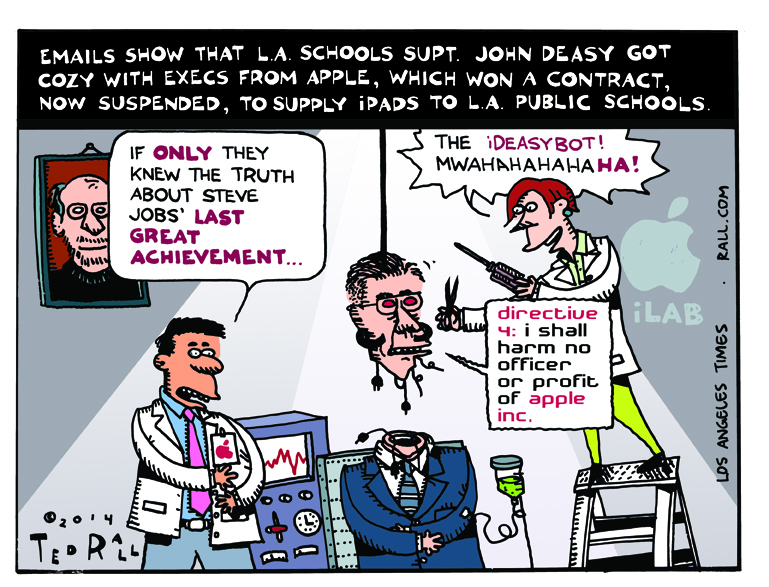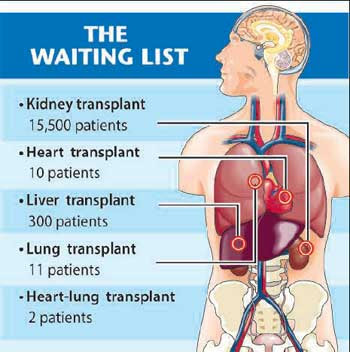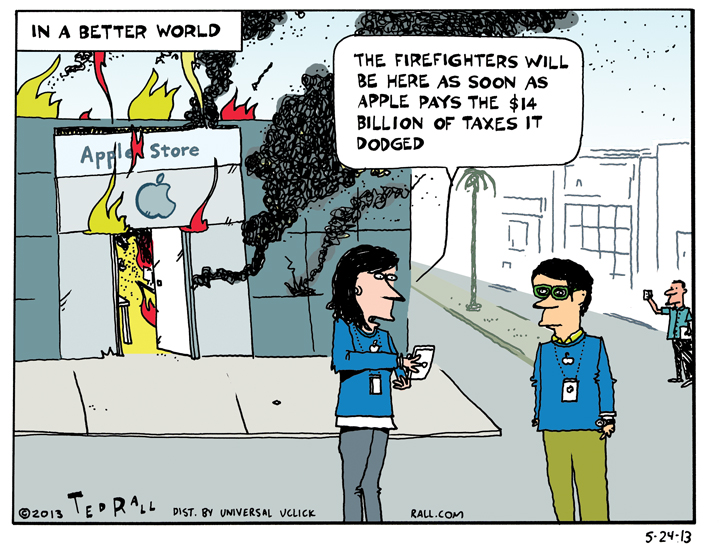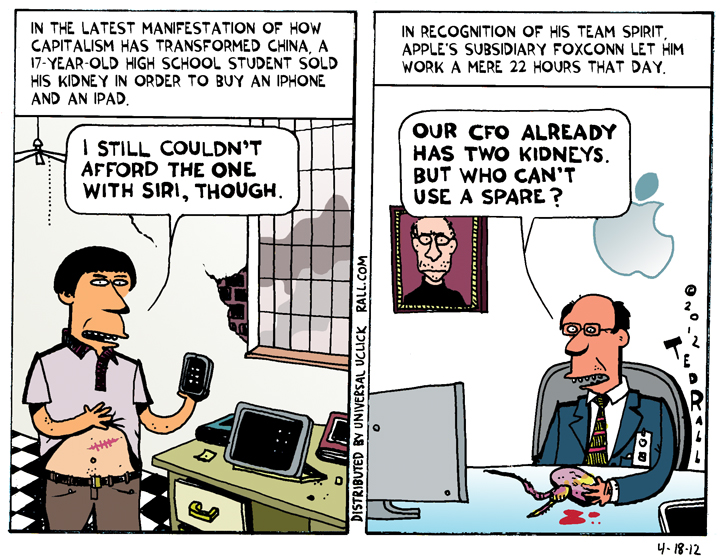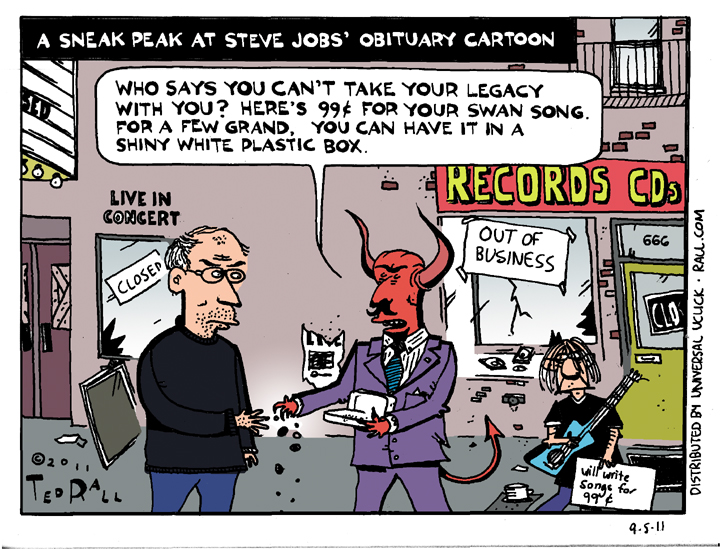Originally published by ANewDomain:
Apple’s new MacBook is amazingly tiny, thin and light, weighing it at just two pounds. But something’s missing — something you might miss. The three and a half-year old MacBook Pro I’m typing on now features two USBs, a Thunderbolt, a FireWire and a Kensington lock slot.
Only one survives. TechCrunch reports,
This MacBook only has a single USB-C and it does everything from charging, to sending video out and transporting data … It’s the only port on the computer meaning owners cannot charge the computer and an iPhone at the same time. It’s not possible to output video to a monitor and input data from an external drive — at least not without a hub.”

Just what I need, another Apple video port that won’t connect to the year-old (i.e., ancient) digital projectors owned by any of the libraries, schools or bookstores where I give talks. Of course that’s a problem easily (though annoyingly) solved by the purchase of another overpriced, easily lost, unreliable adaptor.
For my money the big story here is Apple’s longstanding unwillingness and inability to address the issue of battery power.
Mad with Power
Apple markets portable devices that can’t be carried around more than a few hours without needing to be plugged in. This makes said devices practically as portable as one of those “portable TVs” that weighed 60 pounds but had a handle on top. By that standard, the earth is portable if you attach a big handle to the North Pole.
With moderate use, my iPhone 5C sometimes makes it six whole hours without running out of juice. (And yes, I turn off my apps, use airplane mode, adjust my settings to lower light and never stream video or play games, just like all the articles about saving battery power advise.) This, I submit, is unreasonable for a phone. If you remember, the original reason you bought your first cellphone was that it would be perfect in an emergency — like your car breaking down in the boonies.
Alas. During the recent cold snap here in the Northeast, I actually watched my iPhone go from 100 percent charge to 5 percent in an hour. In an hour! Because, as Apple says, you’re not supposed to use it when it’s under 32 degrees, which, for those who don’t know, happens during the season of winter.
Even when it was new, my laptop never made it more than three hours of doing something wild and crazy, like keeping Word and Firefox open at the same time. Photoshop? Fugheddaboutit.
Crappy battery life on Apple products has turned me into Rae Dawn Chong in “Quest for Fire.” I’m constantly and obsessively searching for power, but looking a lot less cute. I carry a Mophie “juice pack” in case of, you know, an automobile mishap. When I fly, I favor carriers like Virgin America, which have power outlets. (Inexplicably, they have two outlets per row of three seats, which can lead to ugly scrambles between the knees. On the plus side, it keeps you limber and might lead to surprising romantic moments with other passengers.) At Starbucks, I’m the guy staring through — not at — your crotch to see if there’s a plug two feet above the baseboards.
Apple’s low-battery problems are well-documented. And, it turns out, intentional. Chief company designer Jony Ive admits the company intentionally ships its products with less capacity than rival Android. From the Financial Times:
Talking of performance, when the issue of the frequent need to recharge the iPhone is raised, answers that it’s because it’s so light and thin that we use it so much and therefore deplete the battery. With a bigger battery it would be heavier, more cumbersome, less ‘compelling.’
In other words, it’s our fault.
As much as I hate to admit it, the man has a point. As long as people keep paying top dollar for the smallest, lightest whatever, despite the fact that the power situation is objectively unacceptable, Apple has no reason to change.

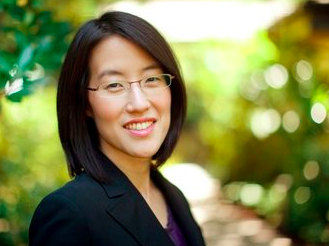 “What’s Really at Stake in Ellen Pao’s Kleiner Perkins Lawsuit,”
“What’s Really at Stake in Ellen Pao’s Kleiner Perkins Lawsuit,” 